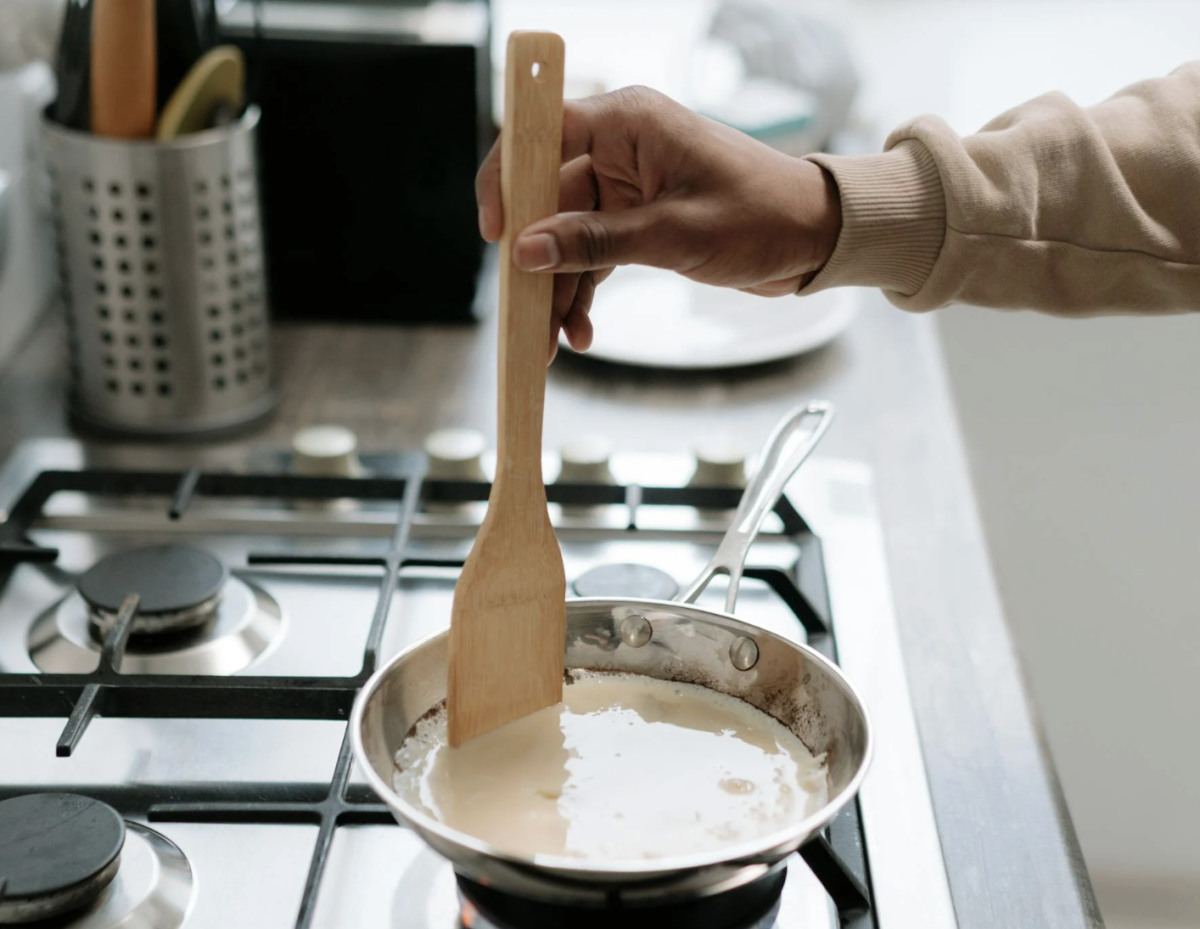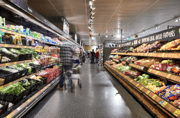
A new policy could soon change the way Australians cook, heat their homes, and even design their kitchens. What started as a local council decision has sparked a nationwide conversation—one that’s already dividing chefs, home cooks, and experts alike over what this could mean for everyday life.
So, what’s really going on, and what does it mean for you, your wallet, and your taste buds? Let’s break it down.
What’s the ban all about
At a recent council meeting, the City of Sydney formally endorsed a sweeping ban on gas connections for new residential and commercial buildings.
This isn’t just about your kitchen stove—outdoor gas appliances, apartments, hotels, serviced units, and medium to large commercial buildings are all included.
The only exceptions are industrial buildings and existing properties, which can keep their gas for now. Mixed-use developments can install gas kitchens, but only if they can be easily converted to electric later.
The council says the goal is to reduce emissions and, in the long run, improve affordability for residents.
Lord Mayor Clover Moore explained the decision by saying, 'Relying on gas is bad for the planet, bad for our finances and bad for our health.'
She added that 'more energy-efficient buildings which meet future energy standards and avoid expensive retrofitting is an obvious next step.'
But what about the critics?
Not everyone's convinced this is the right move.
Industry groups, builders, and some residents worry the ban will drive up building costs, delay construction, and—ironically—make energy bills more expensive.
The Urban Taskforce, representing property developers, warned that electrification could affect 'project feasibility, apartment affordability, supply-chain risks, and other unintended consequences.'
There's also concern about whether the electricity grid can handle the extra demand. With more homes and businesses relying solely on electricity for heating, cooking, and hot water, some fear we could see more blackouts and outages—especially during those sweltering summer days or chilly winter nights.
Critics have questioned whether the move could 'reduce energy resilience across the city by deepening reliance on a single power source.'
The Master Plumbers Association of NSW objected earlier this year, saying its warnings were 'mostly ignored.'
Chief executive Nathaniel Smith said, 'This is ideology over common sense. The City of Sydney is pushing forward with a policy that disregards expert input, public safety, and energy security in one sweeping motion.'
He added that the policy could push some households into illegal or risky DIY setups, saying, 'Banning natural gas appliances won't stop people from wanting them. It will push more households into illegal LPG setups that pose extreme fire, health, and safety risks.'
Here's an interesting twist: while millions of Australians may soon be saying goodbye to gas at home, the nation continues to export large amounts of it overseas.
The mining sector is earning significant profits from gas exports but, according to the tax office, not all companies are contributing their fair share in taxes.
Meanwhile, local gas use has remained steady—and now, for many households, that access could start to change.
Is Sydney alone in this
Not at all. The decision follows similar bans in Victoria, where new gas connections were outlawed in 2024 for all new homes and government buildings.
The ACT introduced its own measures in 2023, requiring new developments to be fully electric.
Even other Sydney councils, like Waverley and Parramatta, are following suit—signalling what many see as a broader shift away from gas in new urban areas.
Despite the pushback, the council says it will forge ahead with the plan as part of its broader goal to reach net zero emissions by 2035.
What does this mean for you
If you're living in an existing home, you can keep your gas for now. But if you're planning to buy or build a new place in the City of Sydney after 2027, you'll need to embrace electric cooking, heating, and hot water.
For some, this is a welcome change—modern induction cooktops are fast, efficient, and safer than open flames.
For others, especially food lovers who swear by the control and heat of a gas flame, it's a difficult adjustment.
As one industry group put it, 'Energy should remain a matter of consumer choice.'
There's also the question of cost. While the council claims all-electric homes will be cheaper to run in the long term, critics argue that the upfront costs of new appliances and potential upgrades to the electricity grid could be passed on to buyers and renters.
'The application of energy requirements or constraints must be measured against implications for project feasibility, housing supply, market demand and economic resilience,' Urban Taskforce submitted in its statement.
The bigger picture: health, environment, and the future of Aussie cooking
Beyond the politics and the power bills, there's a real debate about health and the environment.
Studies have linked gas stoves to indoor air pollution and increased asthma risk, especially in children.
On the flip side, Australia's electricity grid is still heavily reliant on fossil fuels, so the environmental benefits of going all-electric depend on how quickly Aussies can transition to renewables.
And then there's the cultural side. For many Aussies, cooking with gas is a tradition—whether it's a backyard barbie or a wok on a high flame.
As critics note, 'Banning natural gas appliances won't stop people from wanting them.'
Whether electric cooking can ever truly replace that iconic sizzle remains to be seen.
Read next: Cooking (and heating) without gas: what are the impacts of shifting to all-electric homes?
Have you made the switch to electric? Do you think the gas ban is a step forward or a step too far? Are you worried about costs, blackouts, or losing your favourite way to cook? Or do you welcome the change for the sake of the environment and your health?







